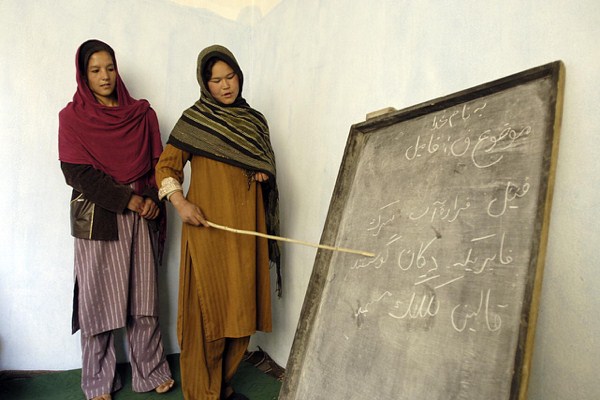When Afghanistan’s new president, Ashraf Ghani, met with U.S. President Barack Obama at the White House in late March, he suggested that “one day we’ll see an Afghan woman president.” His remarks came only a few days after a scene of horror had unfolded in Kabul.
A 27-year-old Afghan woman and theology student named Farkhunda had been tortured in an ordeal that lasted for two hours. Hundreds of people watched, including the police, who stood by without intervening. The enraged crowd accused her—falsely, as it turned out—of having burned a Quran. They ultimately set her on fire and tossed her into the Kabul River to drown.
As the American presence in Afghanistan winds down, the question of what the future holds for Afghan women is a source of growing anxiety for the country’s female population. How that question is ultimately answered will help determine the long-term effectiveness of the U.S. intervention and provide lessons for other efforts to transform war-torn, conservative societies like Afghanistan’s. Women’s rights still hang in the balance, and there is no certainty about whether Afghanistan will indeed become a place where a woman has a chance of becoming president, or remain one where women’s lives routinely end in tragedy.

